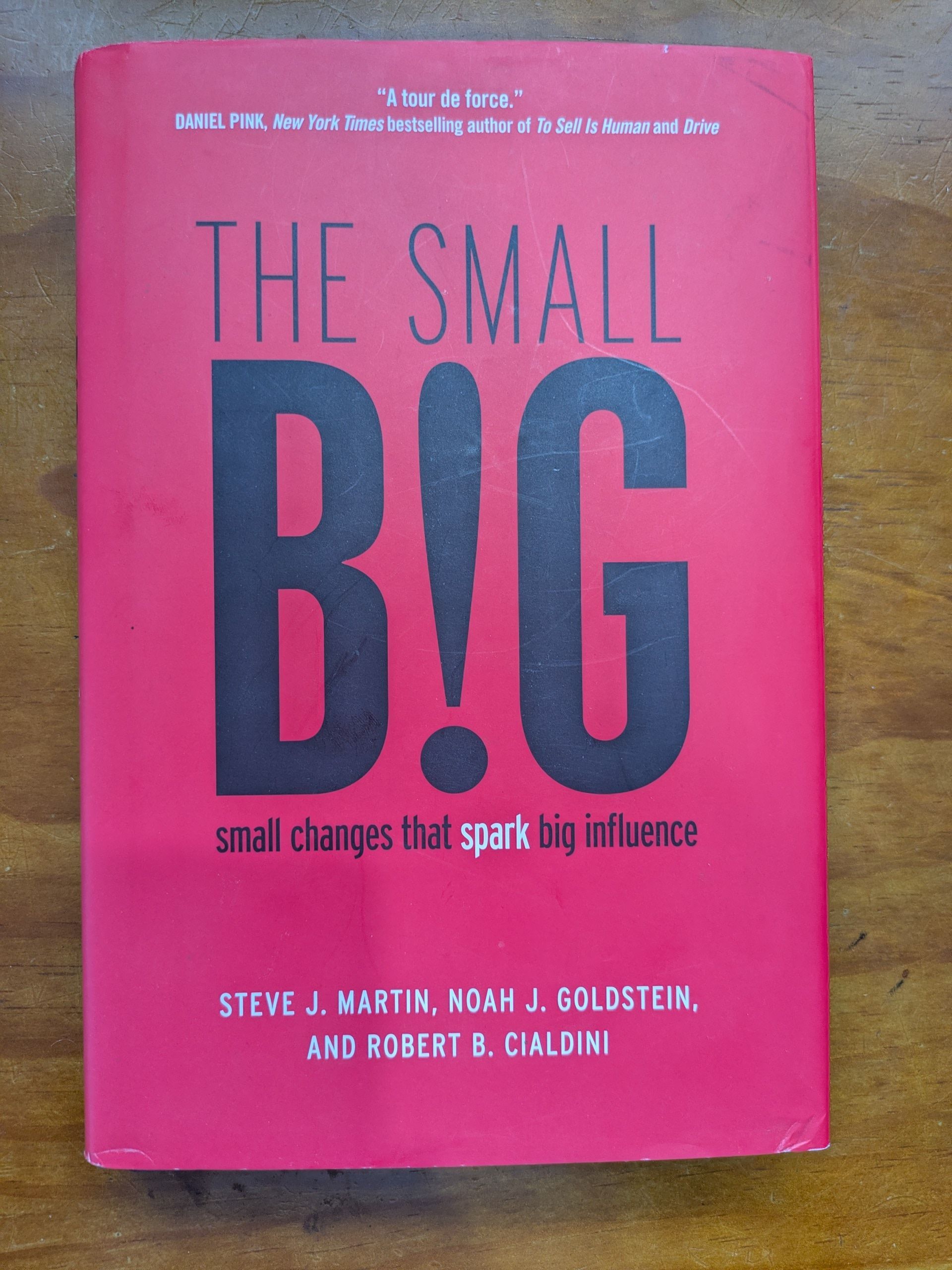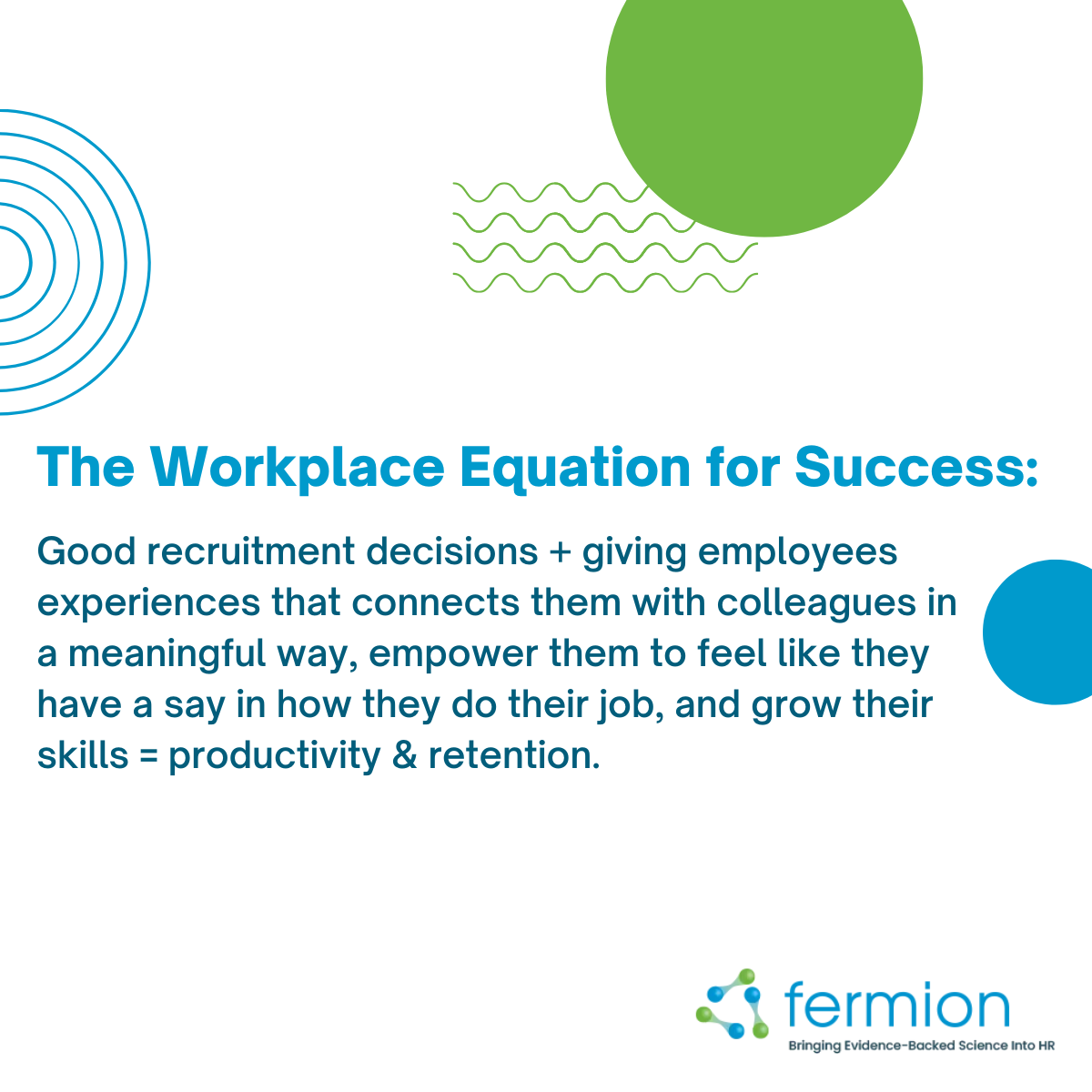A Common Mistake in Recruitment & Staff Selection
We hope you enjoy reading this blog post!
Fermion is a Wollongong-based HR consultancy that specialises in helping companies across Australia save money through innovative recruitment and retention programs. Let us help your organisation thrive.
Don't Let Your Biases Affect Your Recruitment Decisions
Is it a Super-Power?
One of the most common mistakes in recruitment is the belief in one's ability to "read" people. Many hiring managers claim they are very good at reading people, almost as if it's a super-power. This confidence is understandable and natural, as humans are indeed quick at making snap judgments about others. However, while we might be quick, we are not always accurate. This is the crux of the issue: we are all good at making quick judgments, but these judgments are often flawed.
The Flaws in Our Judgements
Humans are born with a range of behaviours that make us inherently social beings. We are hard-wired to seek social connections and desire a sense of belonging, we make decisions based on emotion rather than reason, and we categorise people and situations quickly based on first impressions. We tend to classify people as "good" or "bad" and "in" or "out" based on gut feelings rather than careful analysis. These are evolutionary short-cuts that we all do to make decision-making easier.
This tendency to make snap judgments is normal and natural, but it is deeply flawed. Research shows that we can form judgments about people in as little as 200 milliseconds. We are biased towards those who look like us or belong to our social group. Happy faces are perceived as more trustworthy, while angry faces are seen as untrustworthy. Feminine faces are perceived as more trustworthy but less dominant, which can skew perceptions of leadership capabilities. These judgments, studied extensively by Professor Alexander Todorov, are often incorrect.
We know that the moment the candidate walks through the door for the interview, a judgement is made and then confirmation bias kicks in. This is where information that supports your judgement is highlighted, and information that is contrary to your judgement is ignored or dismissed. This essentially means that many candidates are chosen within a few seconds.
Mitigating Bias in Recruitment
What can we do to mitigate this bias in our decision-making when it comes to recruitment and staff selection? The answer is to conduct the face-to-face interview last in the selection process. Screen candidates with a telephone interview and psychometric testing. From this, you cull the weaker candidates, and you only interview good candidates and then you use your first impressions, gut feel and intuition to your advantage. It is important to have a positive emotional response to candidate, but we want to last in the process, not first.
Summary
Due to our evolutionary development, some of our decision-making and social judgements are inherently flawed by various hard-wired biases. Awareness of these biases is the first step towards making better hiring decisions. In recruitment, this means interviewing candidates last, after they have been screened through telephone interviews and psychometric testing.
About the Author:
Christopher Apps is an Organisational Psychologist and the owner of Fermion. He stays updated on the latest psychology research and shares evidence-based insights. The focus of Fermion is "Psychometric Testing for Recruitment" and “Recruitment to Retention: How to Select Good Staff & Keep Them”. If you would like to learn how to select good staff and keep them, please feel free to contact us at Fermion.
“Learn from the mistakes of others. You can’t live long enough to make them all yourself.”
Eleanor Roosevelt.





